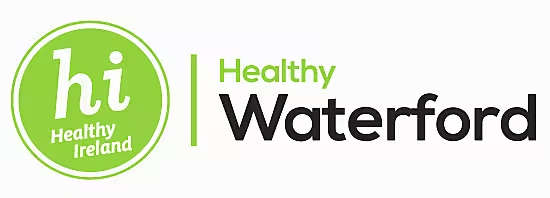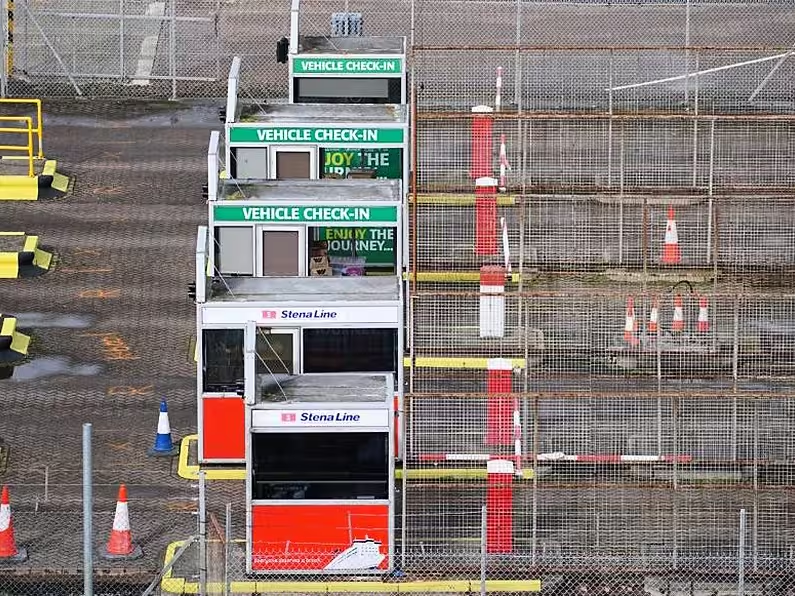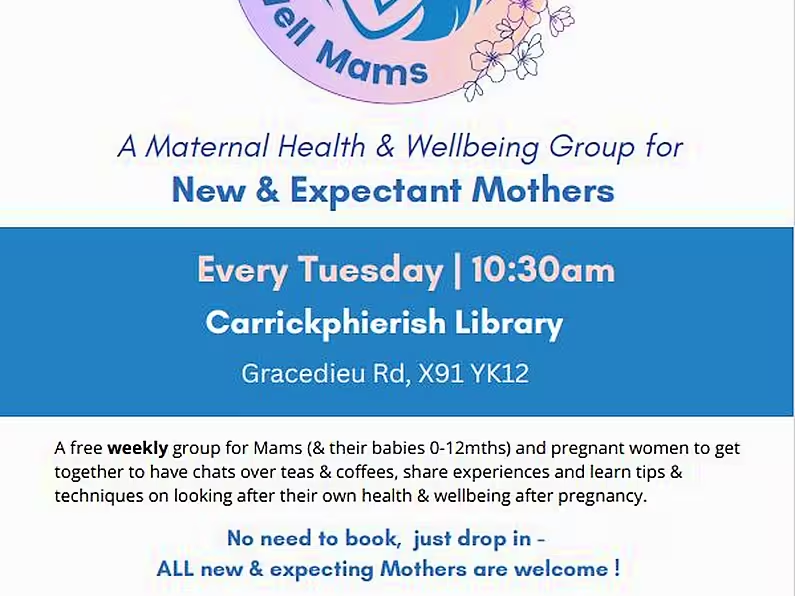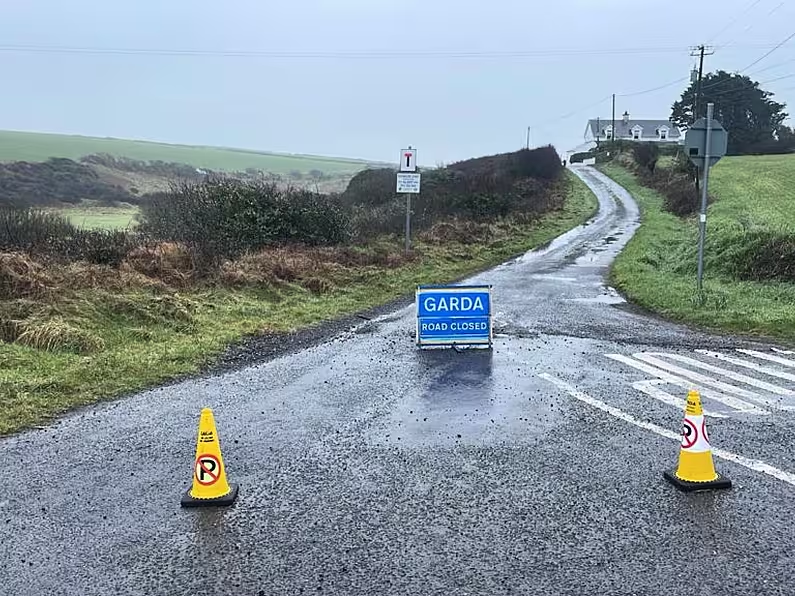Sharon Doyle - Waterford Food Bank
Money Advice During COVID-19 - Waterford MABS
You may be worried about falling into financial difficulties during the restrictions related to the COVID-19 (coronavirus) pandemic. For example, if your income drops due to restrictions or you incur unexpected expenses, you may find you don’t have enough to cover your usual outgoings.
This post answers some of the questions you might have around paying your bills. As this situation is rapidly changing, we will update this document as more advice becomes available.
It’s a challenging and uncertain time and many people have lots of worries; for themselves, their families and loved ones, their health and well-being and their finances.
MABS always advises that you look after your health and well-being and that of your dependents first.
Try not to let the stress you may be feeling about COVID-19 overwhelm you. Prioritise your physical and mental health, try to follow a healthy diet and get out for a walk, keep in contact with your support structures - your friends and family by phone or social media.
If you have been affected by a loss of income or think you will be in the near future please keep reading for practical advice on how to manage your finances.
Try to take some control.
- If you are in work, find out what your employer’s position is on sick pay and leave you may need to take to look after children. The Government has introduced a Temporary Wage Subsidy Scheme to encourage employers to keep employees employed and the Government will pay up to 85% of the employee's wage.
- You may be eligible for support from the Department of Employment Affairs and Social Protection (DEASP).
- Develop a short-term budget for 3 months to give yourself a better understanding of money coming in and money going out and identify any shortfall. You can use the MABS budgeting tool or the MABS household budget sheet (both available on our website mabs.ie
- When you prepare your budget, focus on priorities – food, utilities, accommodation, phone and broadband connectivity, medical care and expenditure on your children or dependants and so on.
- If, after you have developed a budget for the next 3 months, you think you are going to struggle to make payments or repaying loans you should contact your creditors by email or phone. It is fine to contact by phone but you should always follow up in writing.
- Creditors are aware that COVID-19 is going to have an impact on people’s income. They should be willing to work with you to reschedule over the short-term, where this is necessary based on what you can afford to pay; but it’s important to get in touch early.
- If possible, try to avoid further borrowings as a solution to a drop in income and avoid high cost credit
Which outgoings should I prioritise?
If your income drops due to coronavirus you may find this money isn't enough to cover your usual outgoings. Here are some steps you can take:
Step 1. Focus on priority living costs - you should prioritise spending on food, medical care and utilities with the aim of prioritising your health and wellbeing.
- Food: Some recipes to plan and get best value for your money can be found on our website
- Medical costs: You should monitor and follow the health advice from the HSE
- Utilities: You should continue to make payments on utilities such as gas and electricity to avoid disconnection. If you are eligible and not already on the vulnerable customers register, you should register now by contacting your supplier.
Step 2. Make a list of all your debts and bills - your debts might include, for example:
- Mortgage or rent
- Credit card
- Overdrafts
- Loans
- Hire purchase payments
- Utilities such as phone or internet bills
- Payments to Revenue
Make a list of who you owe money to and how much your debts or bills are each month. Make sure you can pay for your priority living costs before you prioritise payments of other bills and debts. You can download the MABS Household Budget Sheet from our website
Step 3. Prioritise your payments - work out which debts you need to pay first after prioritising food, medical and utility costs. Some debts are more important than others. Generally, these are where creditors have extra powers to, for example, repossess property or evict you.
Mortgage payments: if possible, you should continue to pay your mortgage. If you don’t think you can make the full repayment due to a drop in income you should contact your lender as soon as possible. You should maintain the maximum payment you can afford towards your mortgage.
Rent payments: this is a priority because you want to maintain payments in support of your tenancy. If you are having problems meeting your rent payments, you can contact Threshold, the national housing charity, which provides information and advice to people in private rented housing.
Step 4. Contact your creditors if you feel like you might fall behind on your payments. They may be willing to be flexible or offer support to try to prevent you falling into debt. Check out our blog on how to deal with your creditors.
What support can I get from my bank?
Some banks (AIB, Bank of Ireland, KBC, Permanent TSB and Ulster Bank) along with the BPFI have announced measures to help customers affected by coronavirus. You should contact your bank to update of any change in your situation and discuss potential options. They may be willing to offer you some support on a case-by-case basis.
These include:
- A payment break of up to 6 months for businesses and personal customers, this is available to apply for up to the 30th September 2020.
- A simplified application process to make it easy for businesses and personal customers to get support from their bank
- A solution to ensure that COVID-19 application for a payment break will not affect your credit record
- Deferral of court proceedings for 3 months
How does a payment break work?
A payment break is also known as a temporary deferral of payment, payment holiday or moratorium. It is an agreement with your lender allowing you temporarily to stop your monthly mortgage or loan repayments.
Will it impact on my overall cost of borrowing or my credit record?
Deferred payments are usually spread over the term of your loan but will result in an increase to the cost of credit on your loan. This means that when your repayments start again they will be for a higher amount as your lender will add the deferred payments to your overall loan balance and keep the term the same. Your lender will agree repayment terms with you on a case-by-case basis.
If you agree to a payment break with your lender under a COVID-19 application, your credit history will not be affected.
On March 30th, the Central Bank of Ireland (CBoI) has confirmed that there will be no impact on a consumer’s credit rating if they take part in the mortgage repayments breaks. Information on measures introduced by the main banks and credit servicing funds, or so-called “vulture-funds” was announced by the Banking and Payments Federation of Ireland (BPFI) on the 19th March 2020.
How can I apply?
If you want to request a payment break, you should contact your lender directly.
Lenders have agreed to implement a fast-tracked COVID-19 application and approval process. The BPFI and lenders are working to agree a simplified application process. Updates will be added here as soon as more information becomes available.
You should monitor the websites of the Central Bank of Ireland and the BPFI for further updates on the supports the banks will make available to customers affected by coronavirus.
Will my bank, credit union or post office stay open?
At present, all Retail Services at Post Offices nationwide are working normally. From Friday 20th March Post Offices will open from 8am to facilitate older customers who want to conduct their business ahead of other customers. You can keep up to date with any customer notices on anpost.com or An Post’s social media channels.
Retail banks are all operating as normal. You can keep up to date with any customer notices on your bank’s website.
Some credit unions may be operating an online only service to members as a temporary measure. You should contact your local credit union to check if services are working normally.
What support can I get from my landlord?
Emergency measures were announced on 19 March 2020 to protect tenants who have been impacted by COVID-19, these are due to finish on 20 July 2020. These are:
- A moratorium on notices to leave rental accommodation and a moratorium on rent increases for the duration of the COVID-19 pandemic
- An increase in the notice period for tenancies of less than six months from 28 to 90 days
While tenants are expected to pay rent during the COVID-19 pandemic, income supports and Rent Supplement are available to you if you are struggling to pay. These supports are provided by the Department of Employment Affairs and Social Protection. Any rent arrears built up will be payable, but landlords have been asked to show understanding and reach local arrangements in these circumstances.
You can read more about the supports for tenants on the Citizens Information COVID-19 page .
What support can I get from my gas/electricity supplier?
With effect from 8am on 17 March until 29 June, the following measures were been put in place to help customers remain connected to their electricity and gas supplies during this period:
- Domestic disconnections are suspended until 29 June
- Emergency credit levels for prepaid (Pay as You Go) gas meters will increase from €10 to €100, these are also in place until 29 June
- Suppliers will offer online and over the phone top up services if you have a prepaid (Pay As You Go) electricity meter and cannot reach a shop
You can read more about the measures on the Commission for Regulation of Utilities website.
What other supports are available?
If your income drops due to coronavirus restrictions, you may be entitled to income supports.
The government has introduced a number of temporary measures to help you if you have to take time of work to self-isolate. For more help on employment and income supports during the coronavirus outbreak, visit citizensinformation.ie and the Department of Employment Affairs and Social Protection.
What if I am already on a debt solution?
If you are already on a debt solution, or are in the process of setting one up, you should use the details below to any change in your situation.
- Debt Relief Notice: contact your MABS Approved Intermediary
- Debt Settlement Arrangement: contact your Personal Insolvency Practitioner
- Personal Insolvency Arrangement: contact your Personal Insolvency Practitioner
Where can I get more help?
If you are worried about how the impact coronavirus could affect your finances you can contact your local MABS office, or you can call the MABS helpline on 0761 07 2000 for advice. You can also chat to a MABS adviser on our live chat function on the website.
The COVID-19 pandemic is unexpected, sudden and overwhelming. The resources below may be useful if you are experiencing stress related to COVID-19:
MABS is open and money advisers are available to take your money advice queries by phone, email and live chat.
You can contact your local MABS office or call the MABS Helpline on 0761 07 2000, Monday to Friday, from 9am to 8pm or you can check the MABS website for further updates and guidance.
Rosarie Kealy – Waterford Area Sports Partnership Coordinator
In a chat with Damien on Déise Today, Rosarie Kealy, Waterford Area Sports Partnership Coordinator, offers advice on return to sport, new government guidelines and feedback from clubs on how to improve safety during Covid restrictions.















